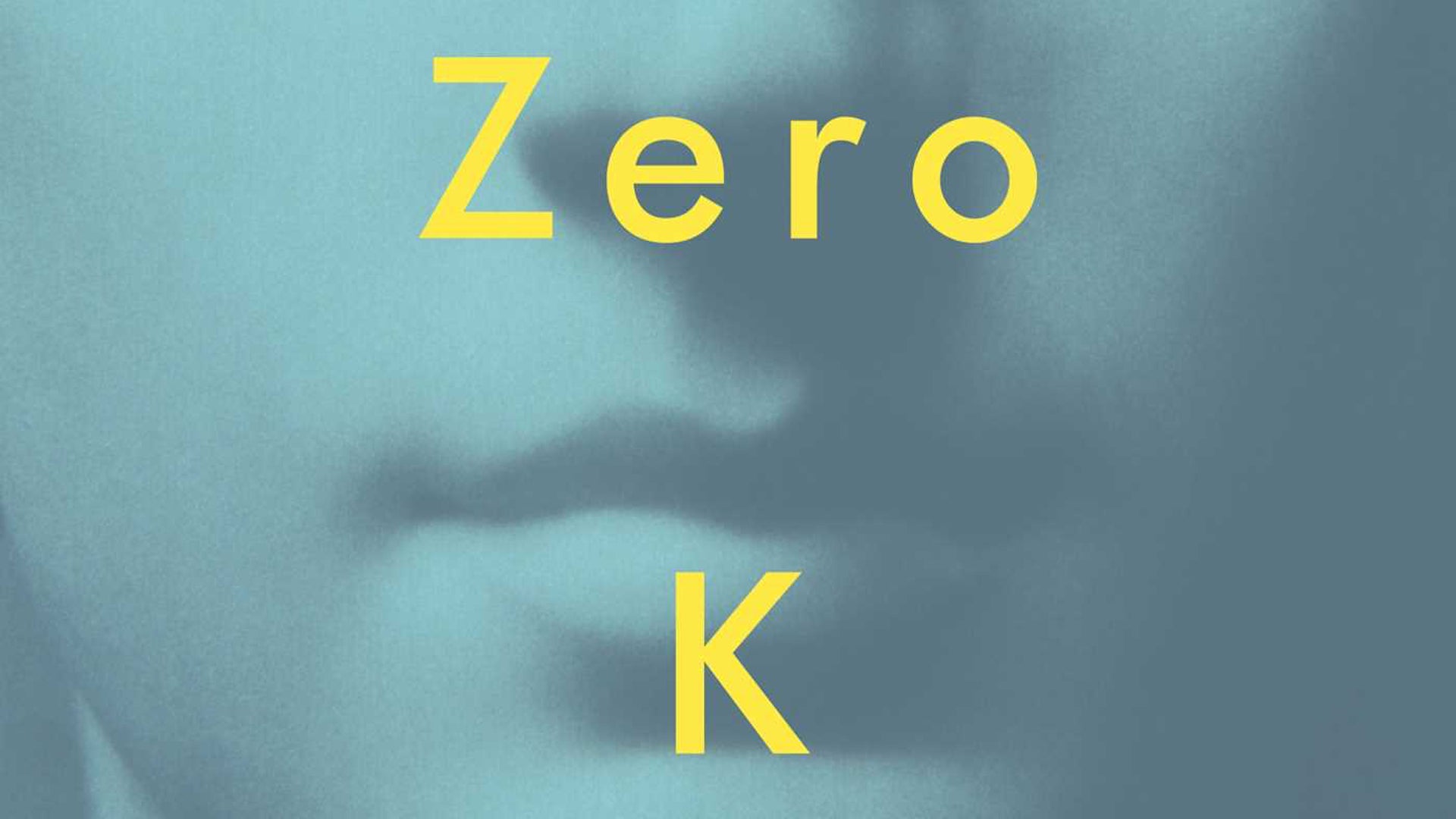Don DeLillo has always been interested in death. His first novel, Americana (1971), was narrated by a TV executive who, at 28, was already obsessed with ageing. In White Noise (1985), a couple discussed who will die first, with the husband saying: “All plots tend to move deathward.”
That was true of Libra (1988) which approached the Kennedy assassination from the perspective of Lee Harvey Oswald. It’s no surprise then that, at 79, DeLillo has produced a novel that’s concerned with mortality or, more specifically, cryonics – the practice of deep freezing the bodies of people who’ve died of terminal diseases in the hope they might be brought back to life when a cure has been discovered.
The narrator, Jeffrey, is the son of Ross Lockhart, an American billionaire who invests in “The Convergence”, a secret compound in Kyrgyzstan where his sick wife, Artis, will be frozen. Jeffrey accompanies Ross and Artis to the compound, venturing deep into “the dead lands where the bodies are banked and waiting.”
He debates the ethics involved in using technology to try to create transcendent life with a bizarre cast of characters, including a monk who asks: “What’s the point of living if we don’t die at the end of it?” Jeffrey is angry when Artis, his step-mother, dies in what he regards as a “medical procedure guided by mass delusion, by superstition and arrogance and self-deception.”
In terms of plot, there’s not much to Zero K, but you don’t read DeLillo for plot; you read DeLillo for black comedy, visionary ideas and language of startling verve. There’s poignancy in Jeffrey’s quest “to know who I am” and his memories of his parents’ separation which left “a shattered space where my father used to be.”
In New York, he drifts into a relationship with a teacher whose teenaged son “bets on drone strikes.” Ross, meanwhile, feels so lost without Artis that he decides to return to Kyrgzstan so that he can die and eventually come back to life with her.
DeLillo is a master of dialogue and his characters’ conversations are philosophical, surreal and profound: “At some point in the future, death will become unacceptable even as the life of the planet becomes more fragile.”
Only the super rich can afford to pursue “life-everlasting”, the majority won’t break the habit of dying and indifference to the poorest will continue, as indicated by a perfect snapshot of a subway beggar who “manages a steady passage through the car despite the train’s seismic waves and shakes.” DeLillo is one of urban life’s most perceptive chroniclers.
In Zero K, a great novelist relishes “the world hum” of everyday existence and thinks deeply about vast topics. It’s a self-aware book which flirts with self-parody in several echoes of DeLillo’s earlier works and in a risky passage which is narrated by Artis from cold storage: “I only hear what is me. I am made of words.”
But DeLillo’s fiction ages well so, while his characters are deluded in wanting to live forever, for Zero K the possibilities are infinite.
By Don DeLillo
Picador
£16.99
Subscribe to Independent Premium to bookmark this article
Want to bookmark your favourite articles and stories to read or reference later? Start your Independent Premium subscription today.


Join our commenting forum
Join thought-provoking conversations, follow other Independent readers and see their replies